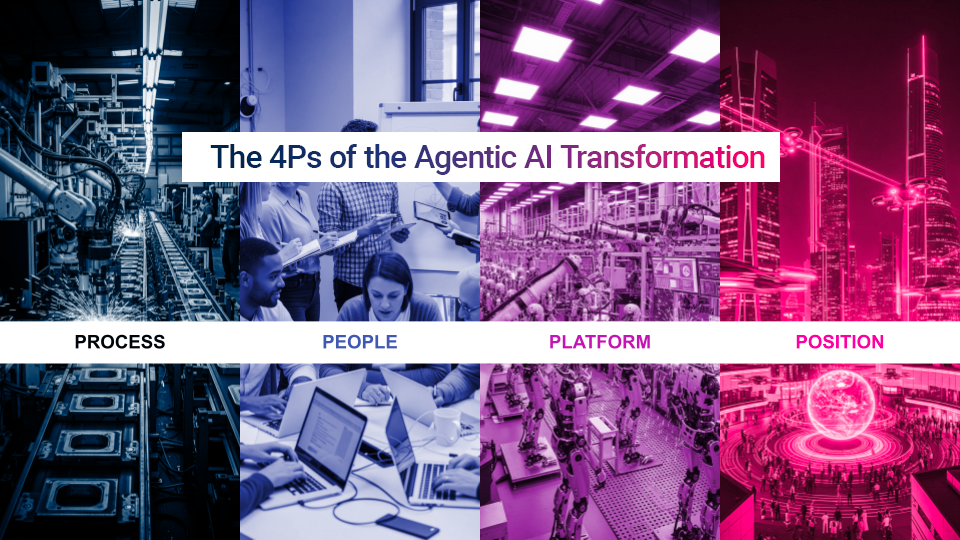Watch the replay from Hanan Ouazan’s keynote on the 4Ps of Agentic AI:
1. Processes: From tasks to orchestration
When talking about agents, two things are often confused: an agent, which is an interface that acts autonomously, and agenticity, which is a broader paradigm. It’s the natural evolution of robotic process automation (RPA), but with reasoning and adaptability built in.
Traditional RPA required hard-coding every rule, a task which quickly became unmanageable. Agentic AI changes that: instead of encoding every decision, we delegate reasoning to the agent, allowing for flexibility and scale.
Of course, every process redesign involves a crucial question: What should be automated, and what should be augmented?
“The real challenge isn’t deciding what to automate. It’s orchestrating how humans and AI collaborate.”
Automation removes manual steps, while augmentation empowers employees to make faster, better decisions. But the most powerful results come when companies orchestrate automation and augmentation together, rather than treating them as opposing strategies.
For example, in a credit-approval process, AI might automatically extract and enter data from hundreds of documents. But the decision on the final credit rate is still better made by a human informed by AI-generated recommendations. The key is orchestration: knowing when to rely on automation, when to augment, and when to validate.
The first “P”, Processes, is about shifting from isolated use cases to end-to-end redesigns that seamlessly combine AI and human judgment.
2. People: Training, roles, and the human revolution
This transformation isn’t about humans versus machines. It’s about redefining how the enterprise works. Some tasks will disappear. Others will evolve. And entirely new roles will emerge.
“Every revolution destroys jobs, creates jobs, and transforms existing ones. AI is no exception.”
The first implication is training. No transformation can succeed if employees aren’t ready to adopt it. Even the best AI system in the world won’t succeed if people don’t know how to use it.
Recent figures show that while 86% of employees believe they need AI training, only 14% have actually received it. That’s a massive gap and a major barrier to adoption.
Beyond training, new hybrid roles are on the rise. Catalysts bridge the gap between technology and business. Process Owners (POs) rethink workflows from end to end. Business Builders (non-technical profiles who understand prompts, agents, and LLM logic) are also emerging.
These roles embody a simple truth: AI transformation is as much about people and culture as it is about algorithms.
3. Platform: The new operating system for agents
As more teams experiment with agents, something interesting happens: suddenly, companies realize they have hundreds of autonomous mini-assistants operating across teams, with little visibility or control.
It’s a bit like having 500 interns, each with access to shared drives, yet no one in HR knows they exist. That’s the current reality of many organizations deploying AI agents without central governance.
That’s why having a robust platform is crucial, not just for deploying agents, but for monitoring, evaluating, and governing them. It’s vital to ensuring traceability, accountability, and security.
The IT department of tomorrow will very likely look a lot like an HR department for AI agents. But responsibility doesn’t end there. Business, data, and IT teams must share oversight:
- IT ensures the infrastructure and data pipelines run smoothly.
- Data teams verify that agents retrieve and use the right information.
- Business teams validate that responses align with brand tone, customer needs, and compliance.
In short, agent governance isn’t just technical, it’s cross-functional.
Finally, data quality remains the biggest make-or-break factor. Many pilots work beautifully in isolation, then fail when integrated into live systems because real-time data isn’t accessible. In a world where models are commodities, data is a company’s differentiation. When well-handled, agentic transformation will scale sustainably.
4. Position: The coming shift in digital presence
The fourth “P,” Position, looks outward. It concerns the way AI agents are transforming customer interaction, brand visibility, and digital strategy.
In this new era, conversational engines like ChatGPT, Gemini, or Mistral are becoming gateways to information and even transactions. In the US, users can now purchase products directly within ChatGPT.
That raises a crucial question: If customers can discover, compare, and buy a company’s products without ever visiting its website, what purpose does its digital presence serve?
The emerging discipline of Generative Engine Optimization (GEO) goes far beyond traditional SEO. Conversation engines draw on a mix of sources, from community forums to independent blogs, not just search-ranked pages.
“GEO isn’t SEO 2.0. It’s a complete rethink of how people find, choose, and interact with brands.”
In 2023, only 2.5% of online searches started on conversational platforms. Today, that figure has risen to 6%. That may seem small, but if the trend continues, it will soon dominate digital discovery.
This means companies must reposition themselves now. Some may choose to feed their data directly into large language models, becoming invisible back-office providers. Others will build their own conversational experiences to complement these ecosystems. Either way, the choice must be strategic, not reactive.
Preparing for the agentic future
Becoming an agentic enterprise requires more than deploying technology. It involves rethinking how an organization operates, process by process, person by person, platform by platform.
“Don’t think of agentic transformation as a set of use cases. Think of it as rewriting how your company works.”
Those who succeed will see AI not as a tool, but as a collaborator: one that reshapes work, learning, and customer engagement. This revolution is still young, but one thing is clear: scaling AI isn’t just a technical challenge, it’s an organizational one. And those who master the 4Ps will be best positioned to lead it.
Hanan Ouazan is a graduate of Ecole Normale Supérieure and Ecole Centrale de Lille with degrees in ML and AI. He joined Artefact nearly a decade ago. He is now Managing Partner & Global Lead AI Acceleration.

 BLOG
BLOG